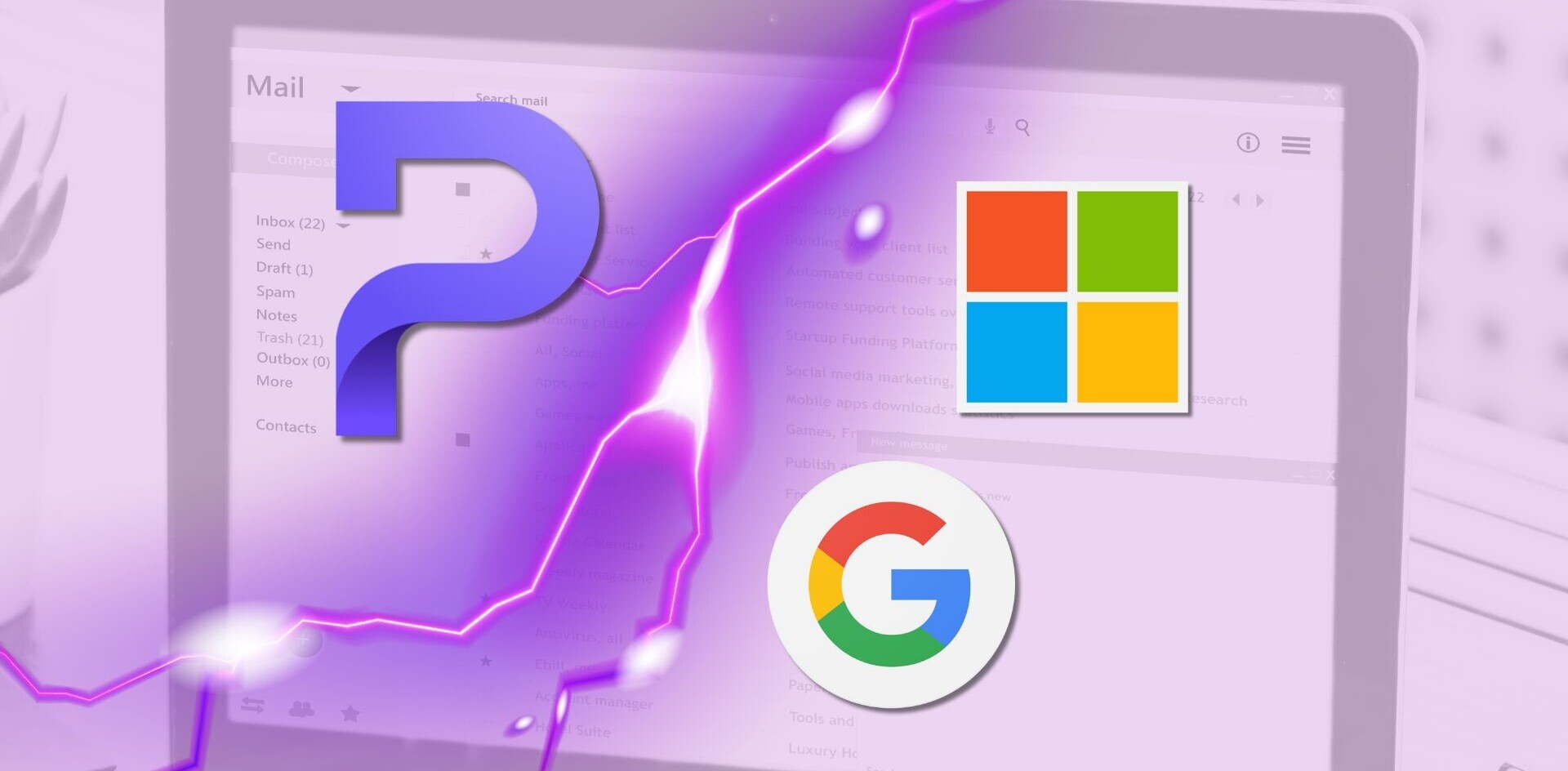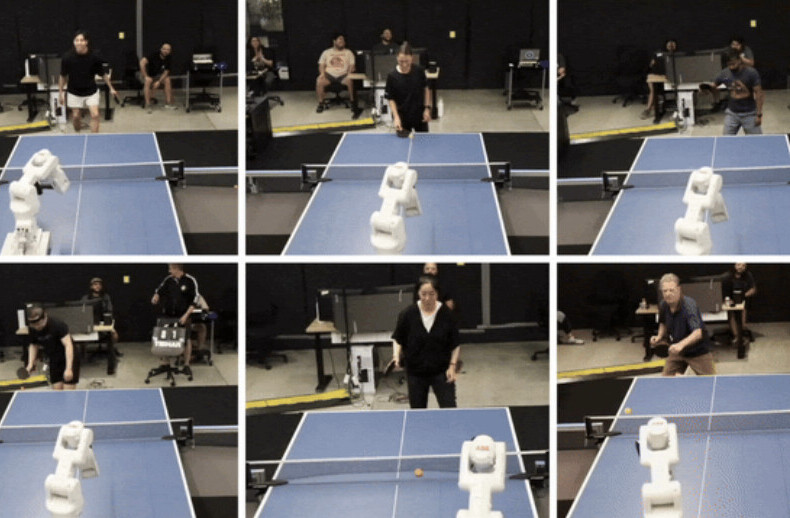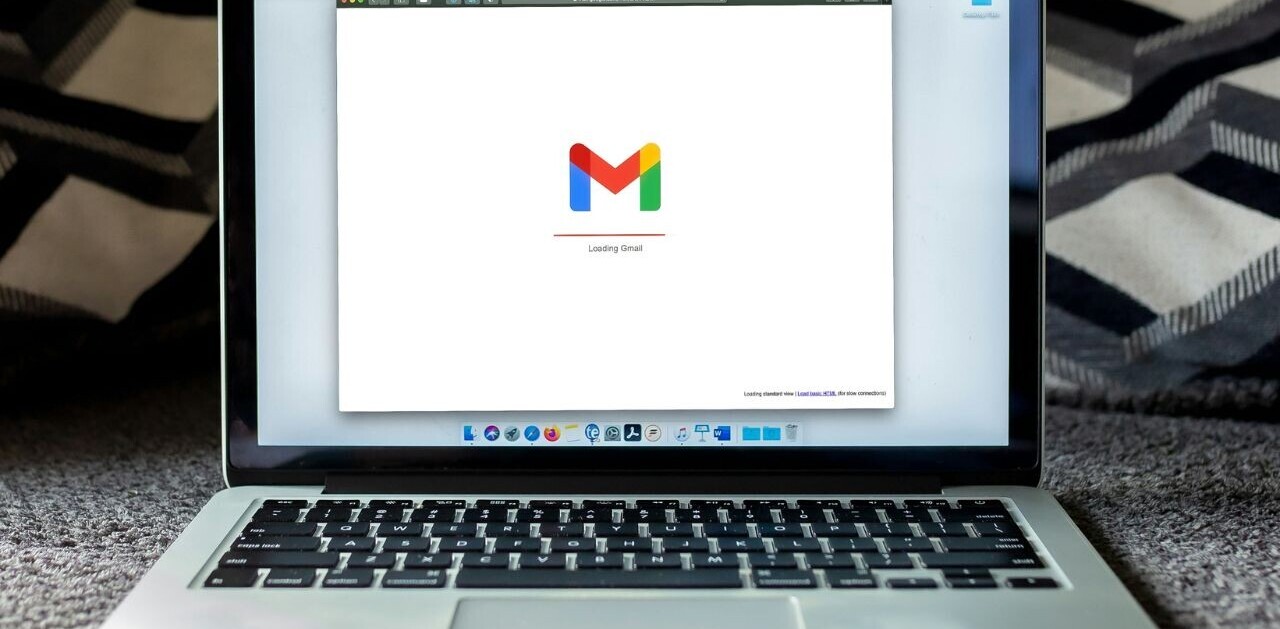
Once upon a time, Google was the best search engine in the land. It cut through all the other Web portal noise to just give you plain results. Along the way, Google realized that there are actually nice benefits, like money, that come from running a portal, so it started cluttering its search page with more information.
Early on, extra information on the sidebar was fine, since it didn’t get in the way of plain results. But then, “Search Plus Your World” happened and Google started serving up Google+ results where rival links from Facebook and Twitter were clearly more relevant.
Here’s the current state of things. If you search for “NCAA bracket”, Google pops up a March Madness bracket with the full schedule. It’s not even using a sidebar at this point and is only showing the bracket.

Despite the fact that there’s a whole lot of white space on this page, Google chooses not to show links from any other sources on this initial screen. Clicking on the games redirects you to individual searches for each game.
Scrolling down, eventually I get to an official NCAA link and a bunch of Google News links to other outlets. Expanding the bracket to show all matches makes the bracket longer than three lengths of my laptop’s screen. That’s a whole lot of scrolling.
Here’s the same search on Bing:

I’m not denying that Google’s bracket is useful, since it does offer much of the information we might be looking for, but it also shows Google’s shift from referring us to information from around the Web to just serving up the raw answers with no outside links. Google has gone from measuring its success by how quickly it could get you off its search page to how long it can keep you with in the Google ecosystem.
Where do we draw the line with Google search and its self-referential answers? Basic math, currency exchange and stock data are all useful data that Google search provides, but it does so at the expense of smaller websites. After liberating us from Web portals with its pure search engine, Google gradually expanded to “search + everything else”. Frankly, it feels a lot like the end of Animal Farm where (spoiler alert!) the pigs turn back into humans.
Google set out to organize the world’s information, but it has increasingly becoming the information gatekeeper of our lives. With its mobile OS, desktop OS, email, and browser, it has the power to almost absolutely regulate a consumer’s experience with the Internet.
Trusting Google can have numerous benefits, such as the near-prescient Google Now service, but last week’s announcement that Reader is getting the axe served as a painful reminder that Google giveth and it taketh away.
Sourcing is also an issue here. I’m curious where Google engineers got their information from when making the bracket. I’ll give them the benefit of the doubt that they did their homework and didn’t just grab it from someone else via the company’s Web crawlers, but it has had trouble with attribution with sites like Yelp in the past.
Google started off with the benevolent motto of “Don’t be evil” and I want so much to believe in it, but years of missteps have shaken my trust. I’m not asking Google to return to 1999, but it often feels like its search results have actually become less accurate over time. I appreciate the gesture with this NCAA bracket tool, but I’d rather Google spent the time honing its search algorithm.
Update: Google has explained its new sports-related search enhancements. League schedules are now grouped by day/week and complete league standings can be found with a quick search. Player stats will also show up cards.
“As a bonus, our March Madness answer cards (https://www.google.com/search?q=march+madness) display a full bracket view to help you see how you’re doing with your bracket game,” the company wrote.
Also, the NCAA bracket search is now displaying ads above the bracket.
Image Credit: KIMIHIRO HOSHINO/AFP/Getty Images
Get the TNW newsletter
Get the most important tech news in your inbox each week.




